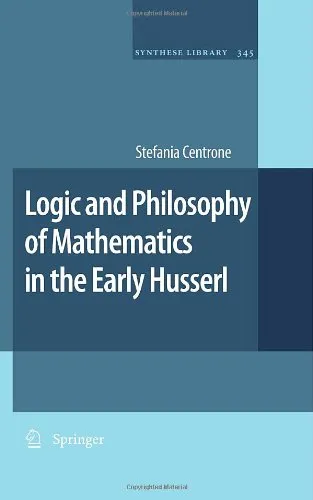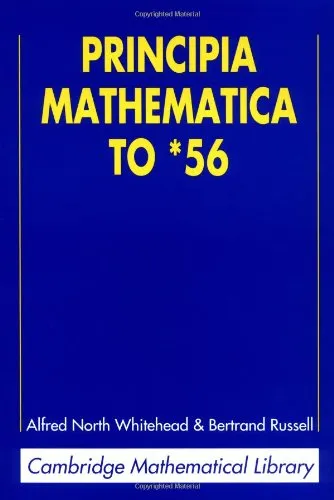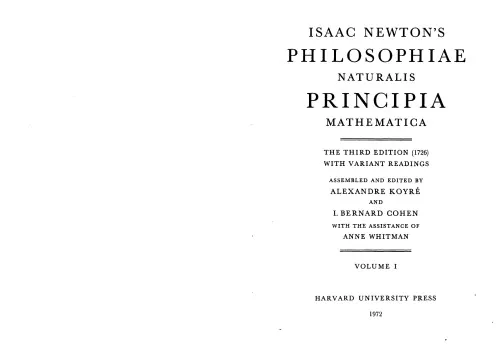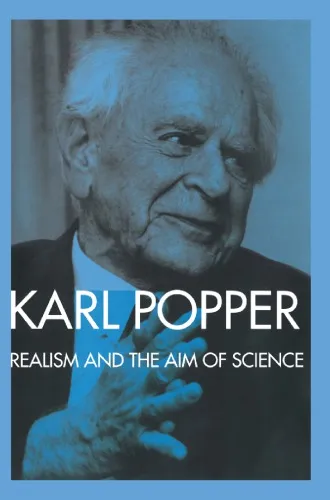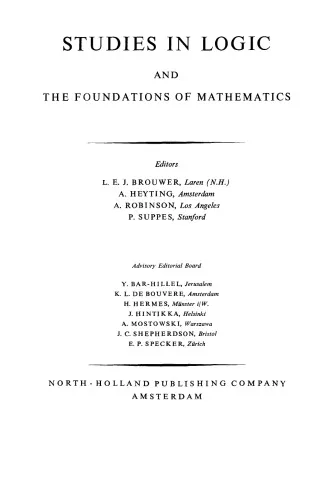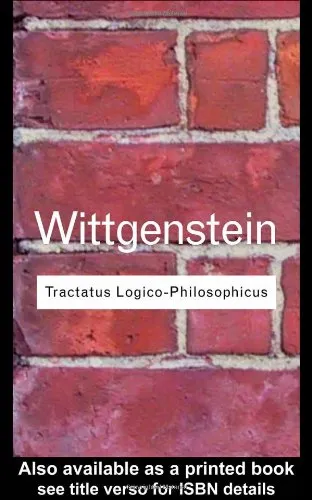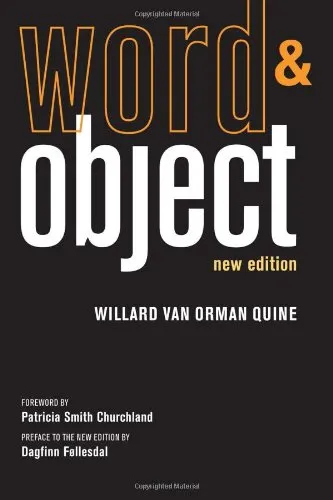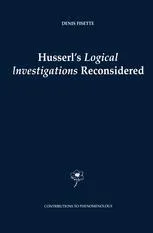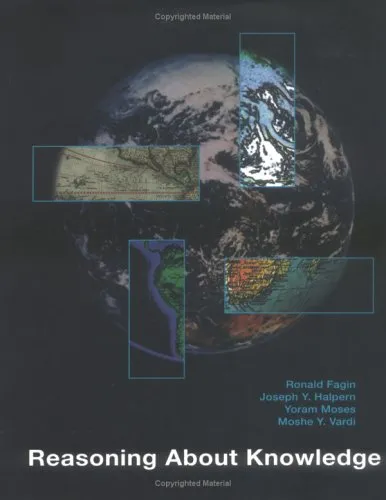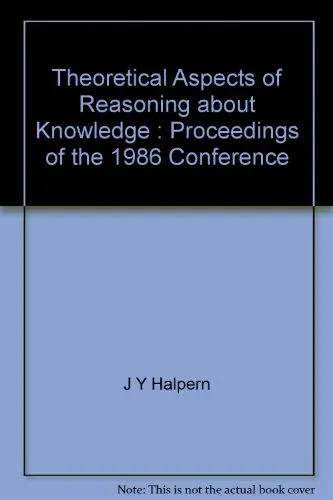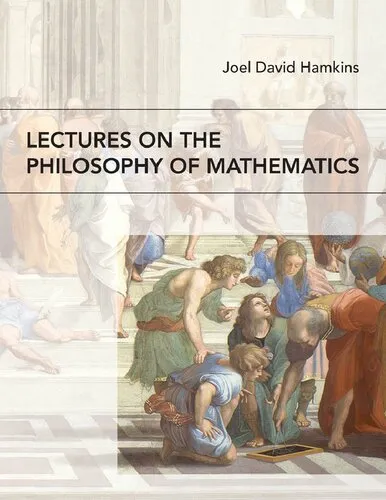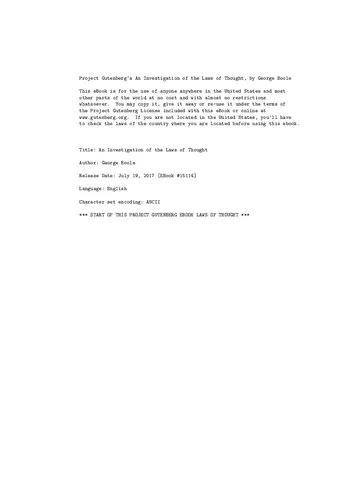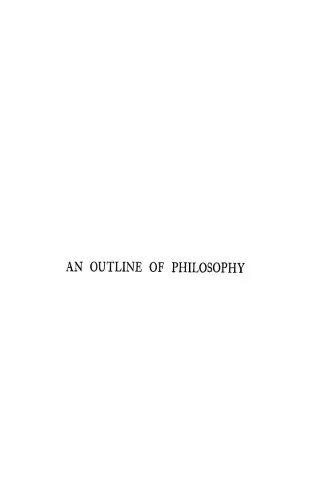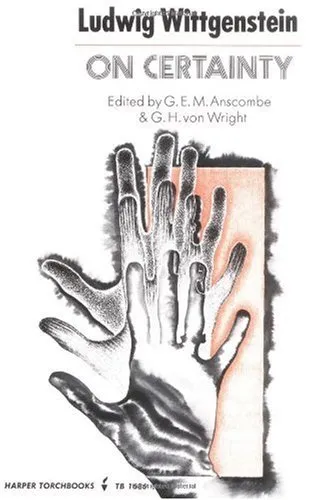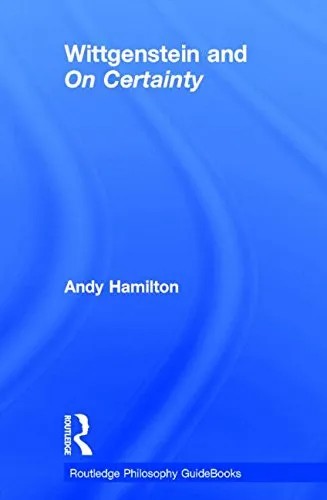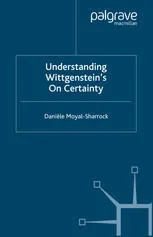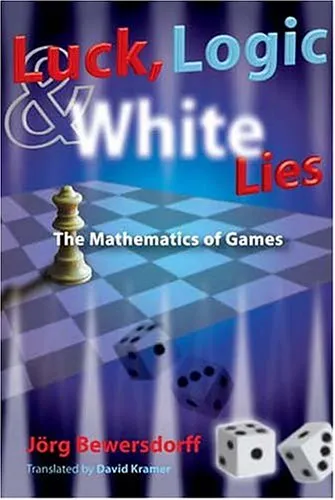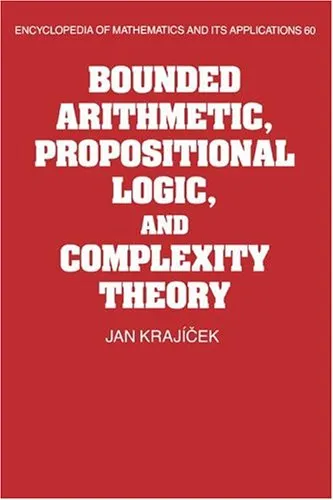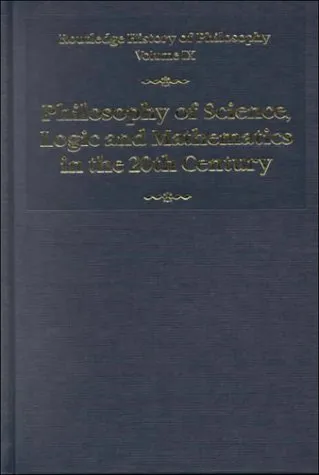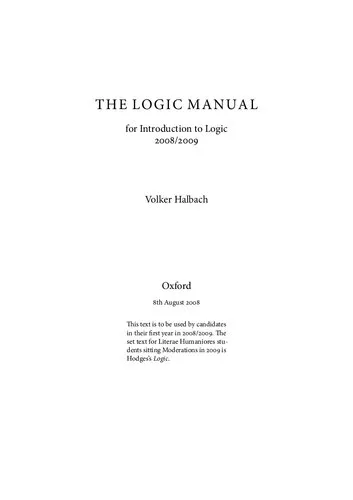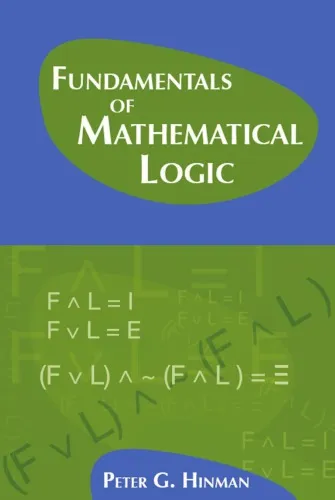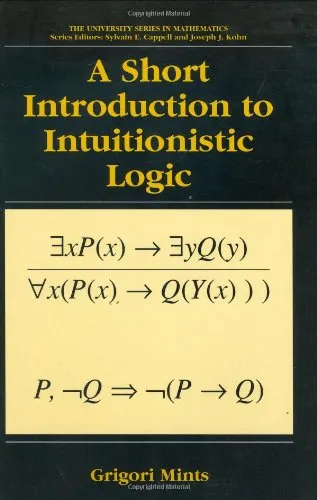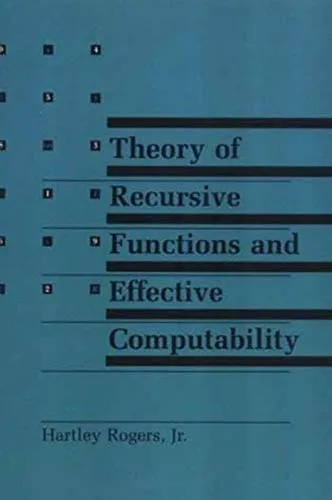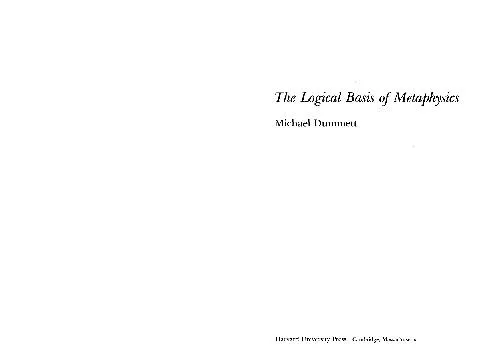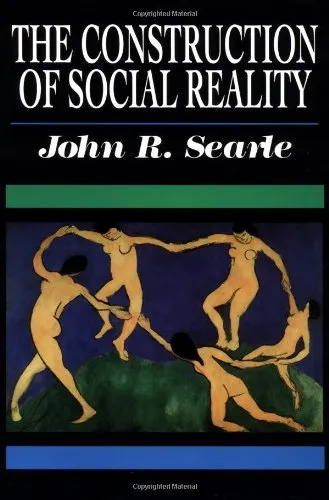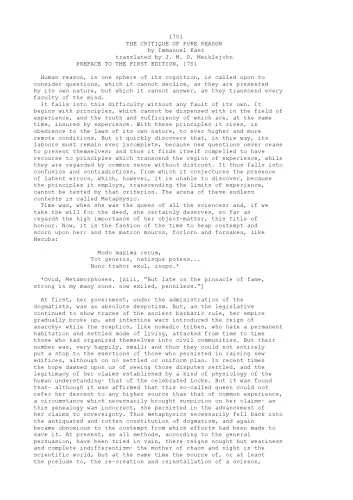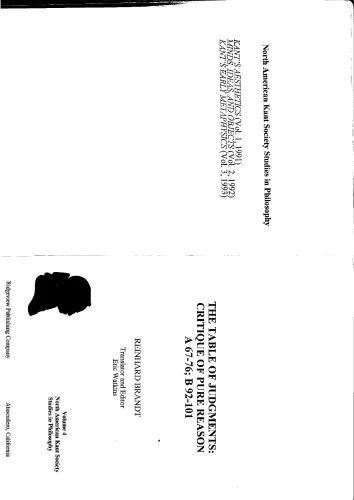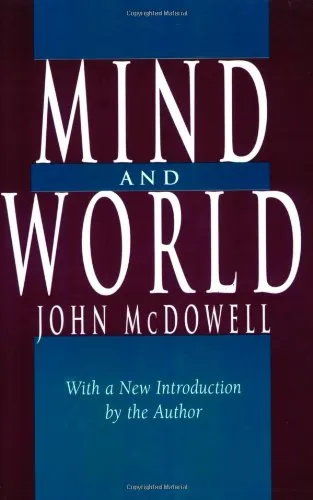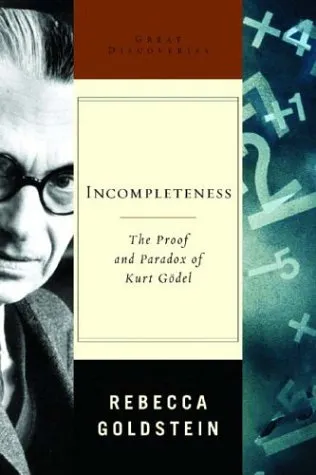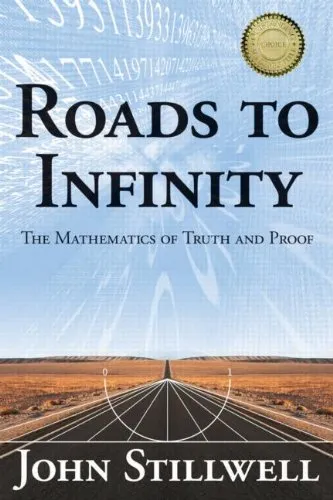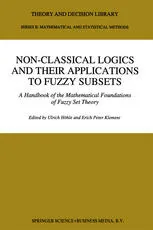Logic and Philosophy of Mathematics in the Early Husserl
4.5
Reviews from our users

You Can Ask your questions from this book's AI after Login
Each download or ask from book AI costs 2 points. To earn more free points, please visit the Points Guide Page and complete some valuable actions.Related Refrences:
Welcome to an insightful exploration of one of the most intricate yet fascinating intersections of philosophical thought and mathematical logic. 'Logic and Philosophy of Mathematics in the Early Husserl' delves into the pioneering ideas of Edmund Husserl, a luminary in the world of logic and phenomenology. As we journey through this introduction, you'll uncover the rich tapestry of Husserl's early work, the profound impact it continues to wield, and the intriguing questions it raises about the very roots of logic and mathematics.
Detailed Summary of the Book
In 'Logic and Philosophy of Mathematics in the Early Husserl,' Stefania Centrone meticulously charts the intellectual evolution and contributions of Edmund Husserl during his early career. This book scrutinizes the transformation of Husserl's thinking from his inception as a mathematician and logician through to his epoch-defining work in phenomenology. The narrative is structured around Husserl's seminal text, 'Philosophy of Arithmetic,' wherein he examined the psychological underpinnings of mathematical concepts. The book examines Husserl's transition from psychologism, the idea that logic and mathematics are grounded in psychological processes, to his staunch antipsychologism stance as seen in 'Logical Investigations.' Centrone provides a detailed analysis of Husserl’s critique of Gottlob Frege and traces Husserl's philosophical journey to a more pure, conceptual understanding of mathematics. Through rigorous analysis and insightful commentary, the book paints a comprehensive picture of Husserl's early contributions, setting the stage for his later, more renowned theories.
Key Takeaways
This book dissects the transformation in Husserl's philosophy as he shifted from a psychological perspective of logical and mathematical foundations to a purely phenomenological outlook. A major takeaway is understanding how Husserl's evolving views on logic and mathematics laid crucial groundwork for his subsequent phenomenological theories. The book illuminates Husserl’s response to psychologism, his critique of existing mathematical philosophies, and his transition to a form of realism that posits timeless, objective truths in logic and mathematics. Readers will gain profound insight into the genesis of phenomenology and the philosophical discourse that shaped modern ideas in logic and mathematics.
Famous Quotes from the Book
The book captures Husserl’s vision with poignant reflections and astute evaluations. Some notable quotes include:
- "The essence of mathematics is not a product of the human mind, but rather an ontological reality that transcends individual consciousness."
- "In disentangling logic from the psychological scaffolding, Husserl sets a new trajectory that challenges the bedrock of philosophical inquiry."
- "Understanding the roots of Husserlian thought is akin to peering into the profound depths where mathematics ceases to be mere calculation and becomes philosophy."
Why This Book Matters
'Logic and Philosophy of Mathematics in the Early Husserl' is not merely an academic discourse but a critical lens through which we can understand the formative influences that shaped an entire school of philosophical thought. By contextualizing Husserl's early work, this book elucidates the trajectory of his later theories which have profoundly influenced existentialism, hermeneutics, and continental philosophy. It matters because it provides a comprehensive understanding of how the philosophical underpinnings of logic and mathematics were challenged and transformed, offering readers an unparalleled glance at the evolution of modern philosophical thought. For scholars and students of philosophy, mathematics, and logic, this book is indispensable for understanding the ontological intersections that Husserl navigated and redefined.
Free Direct Download
You Can Download this book after Login
Accessing books through legal platforms and public libraries not only supports the rights of authors and publishers but also contributes to the sustainability of reading culture. Before downloading, please take a moment to consider these options.
Find this book on other platforms:
WorldCat helps you find books in libraries worldwide.
See ratings, reviews, and discussions on Goodreads.
Find and buy rare or used books on AbeBooks.
1455
بازدید4.5
امتیاز0
نظر98%
رضایتReviews:
4.5
Based on 0 users review
Questions & Answers
Ask questions about this book or help others by answering
No questions yet. Be the first to ask!
